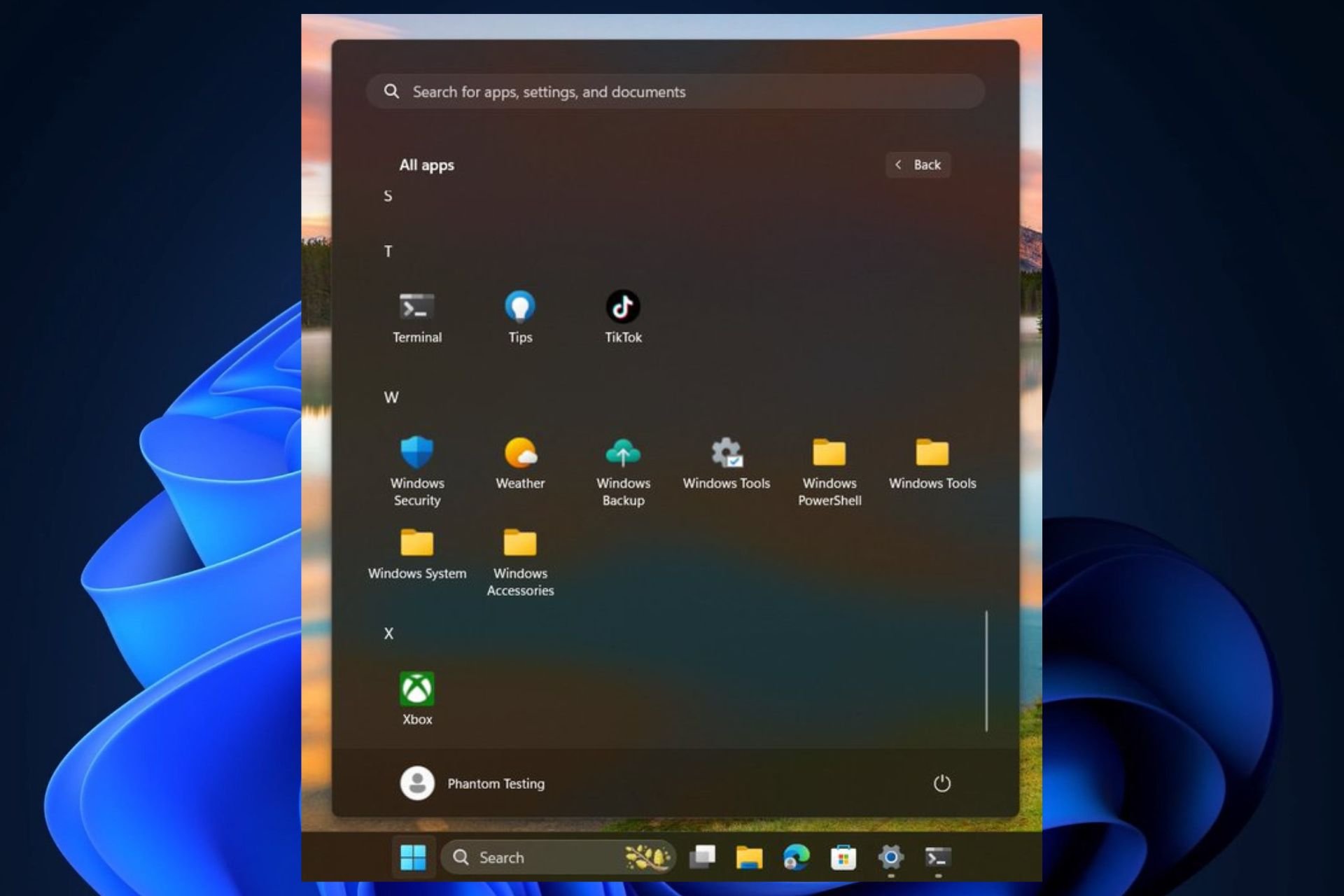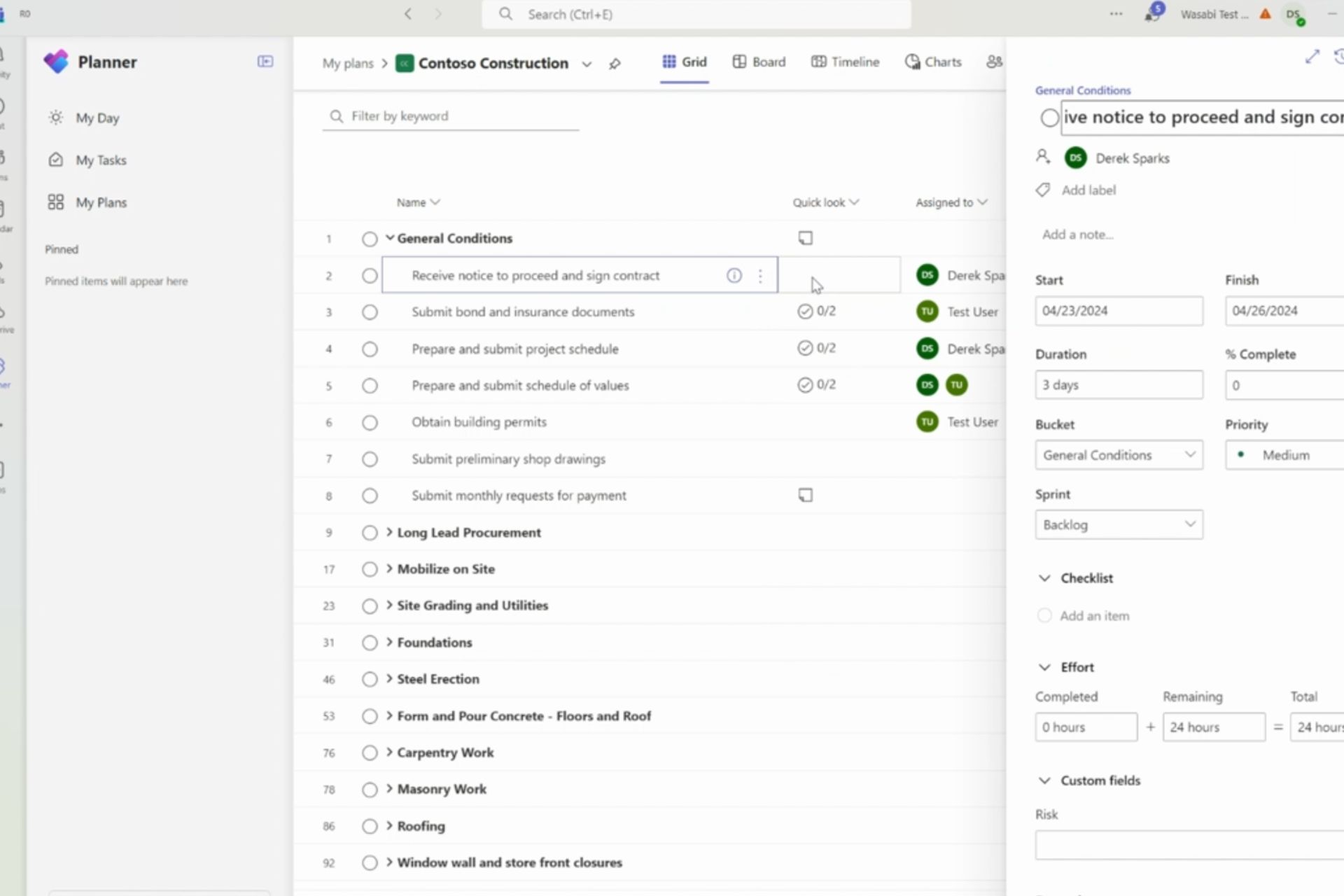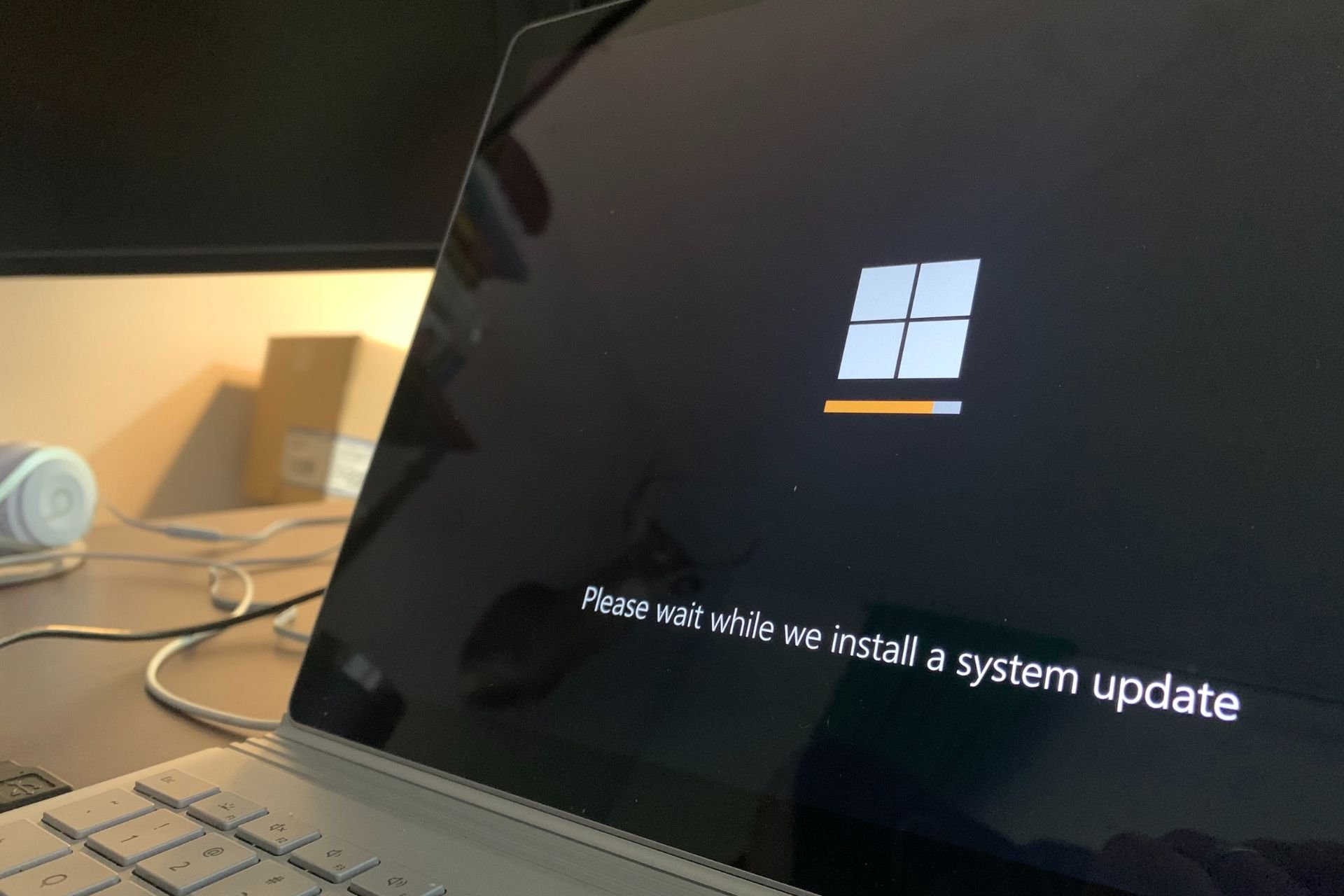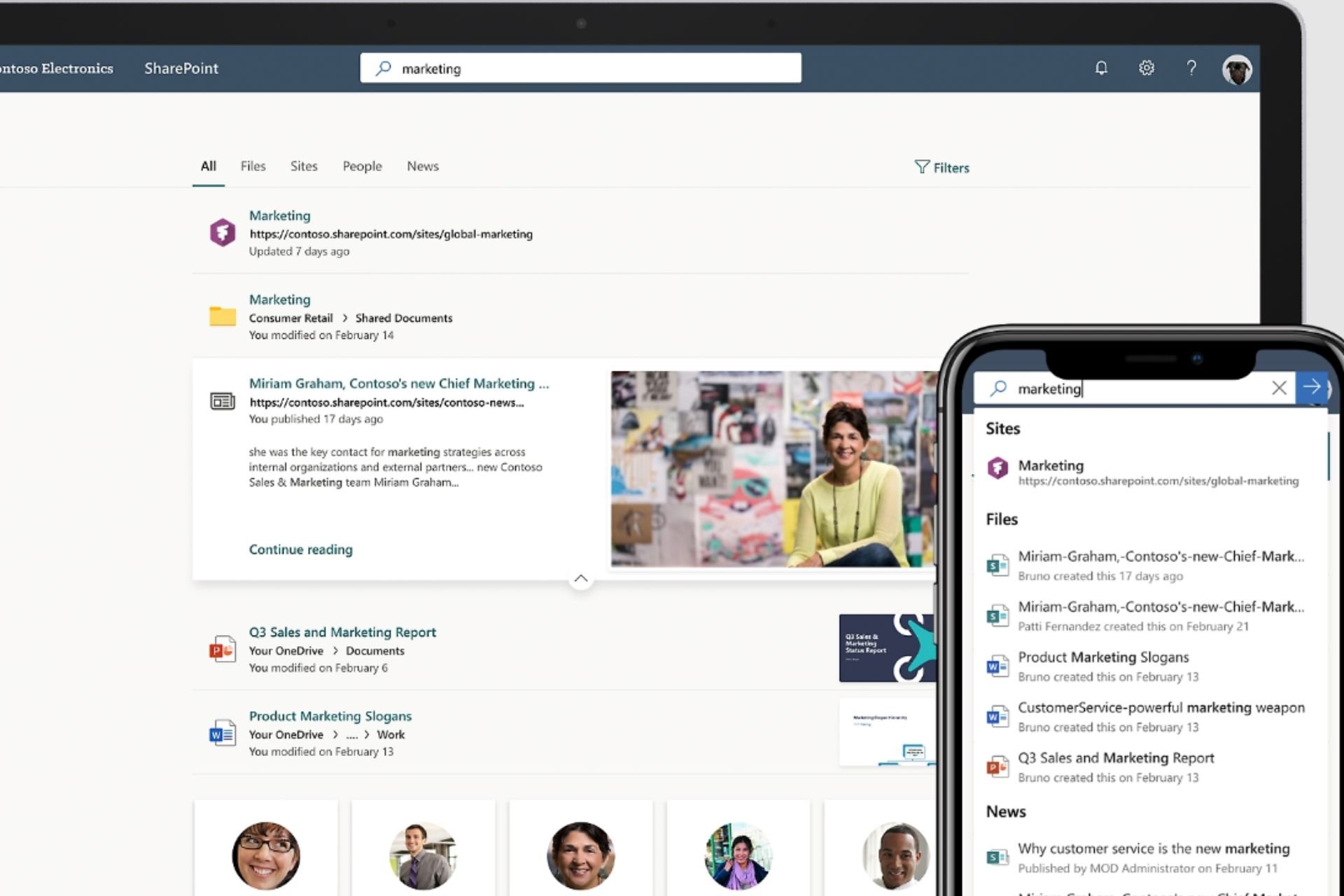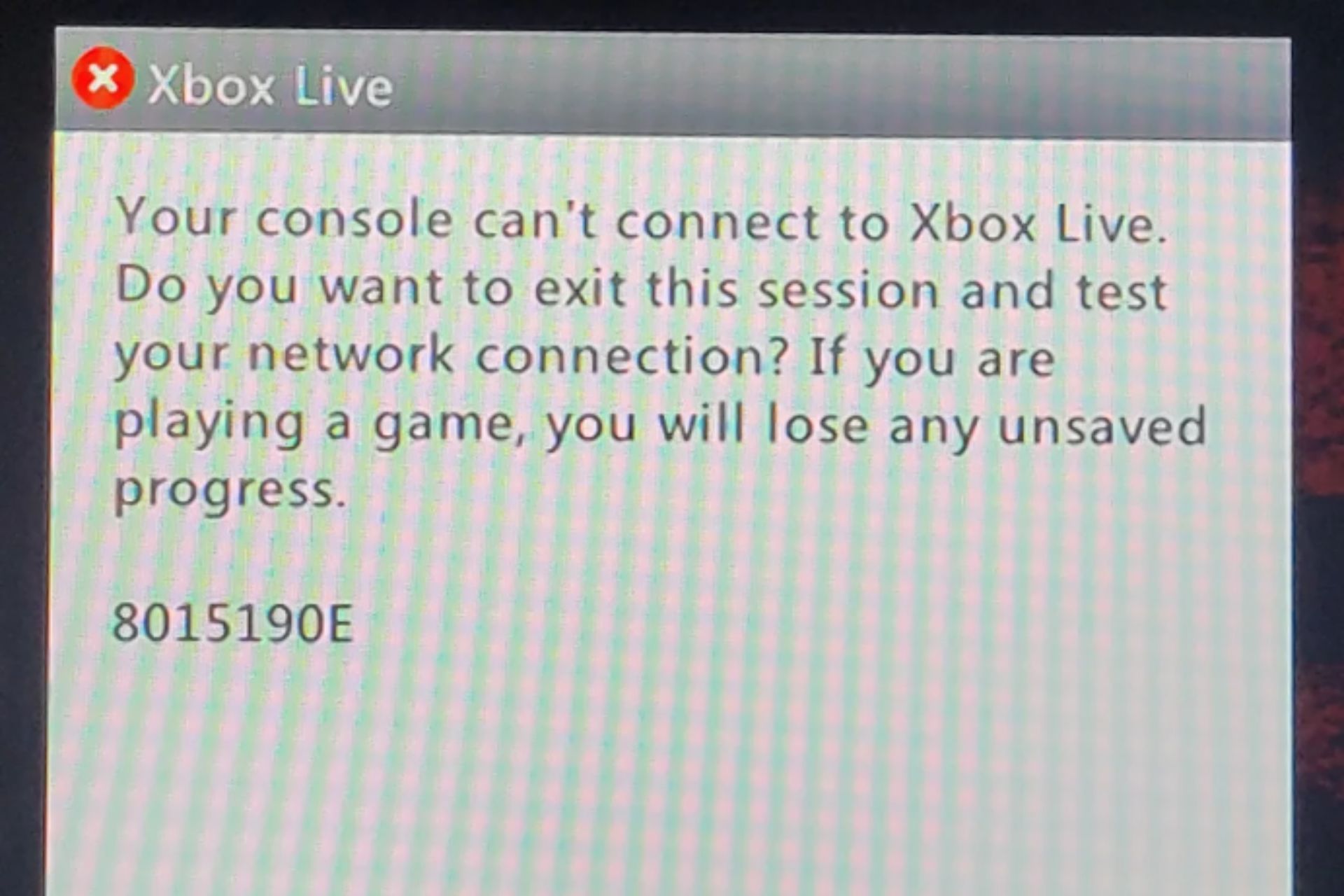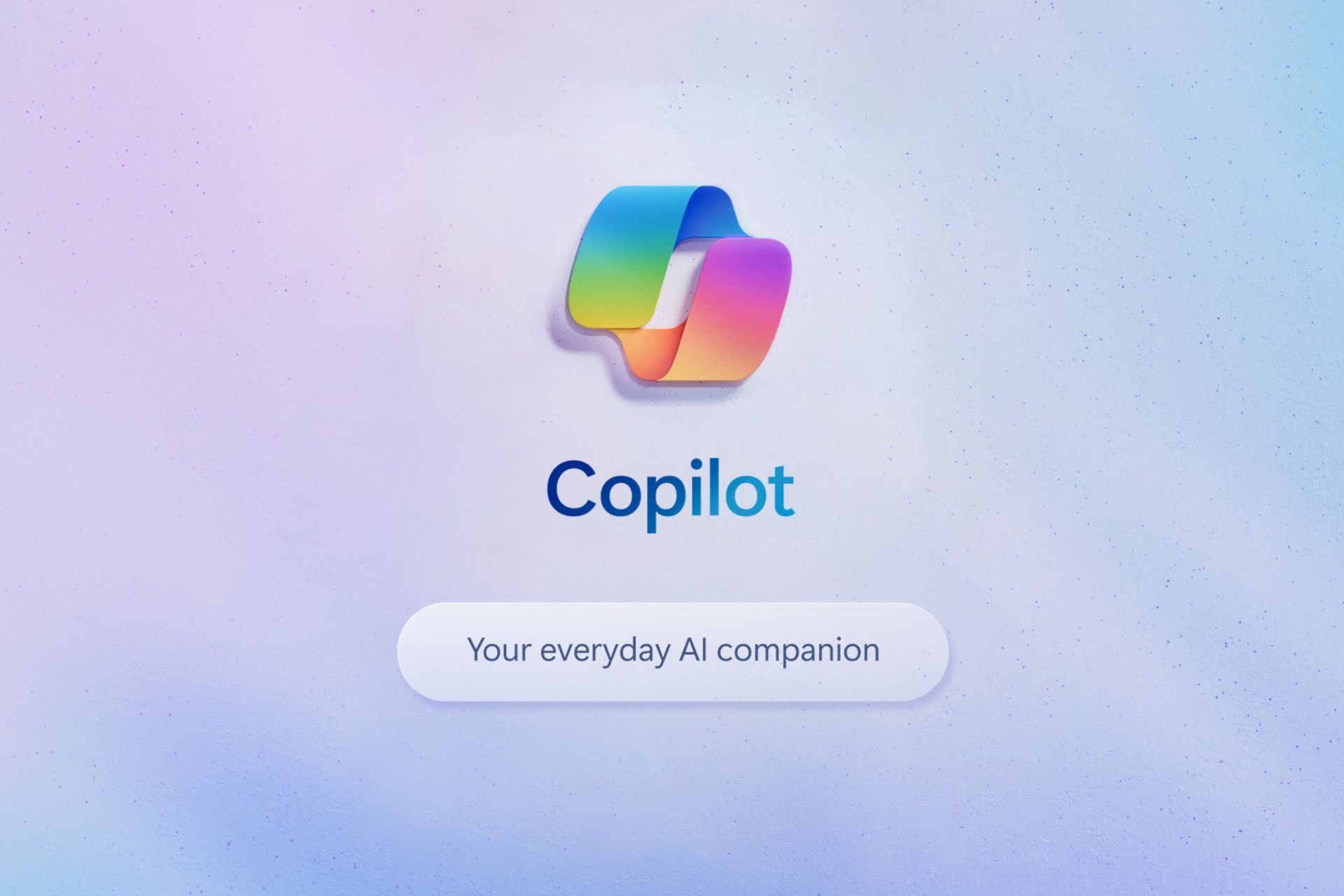Google promises to delete incognito mode data records. Is this an April Fool's prank or a genuine commitment?
This is the result of settlement filed on April 1, 2024 in Brown Vs Google LLC case
2 min. read
Published on
Read our disclosure page to find out how can you help Windows Report sustain the editorial team Read more
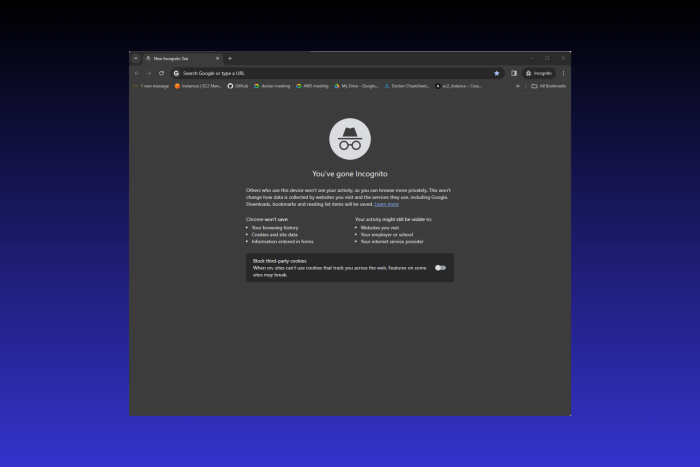
Chasom Brown, Christopher Castillo, Jeremy Davis, William Byatt, and Monique Trujillo filed a civil lawsuit against Google LLC in June 2020. The lawsuit was based on the company’s surreptitious interception and collection of personal and sensitive user data while users were in private browsing mode. The plaintiffs sought $5 billion in damages.
As per the settlement, the search giant has agreed to destroy billions of Chrome Incognito mode data records. As per the lawsuit, Google is violating California privacy laws by storing the Incognito mode data, a mode that is supposed to be more private.
Furthermore, the company must provide detailed disclosures on how it collects information in Incognito mode. For the next five years, this private browsing mode will, by default, block third-party cookies.
Google Spokesperson José Castañeda said:
We are pleased to settle this lawsuit, which we always believed was meritless. We are happy to delete old technical data that was never associated with an individual and was never used for any form of personalization.
He also mentioned that plaintiffs asked for $5 billion in damages but are not getting any money. Other details of the settlement have not been disclosed as of now.
This is not the first time any tech giant has been caught up with lawsuits for alleged mishandling of data; earlier, it was Meta, and then there was a case against Microsoft, Apple, and Amazon.
We understand that tech companies collect data to personalize user experience, but if a user has opted for your privacy browsing mode, isn’t it wrong to collect data under the pretense of providing privacy? Also, the vulnerability of the data collected by these companies to cybercriminals is a double whammy for us.
We already know about the 2016 Cambridge Analytica scandal, which degraded Facebook’s reputation and forced it to pay $725 million to settle.
If you think you can’t hope the companies will ever stop doing things that put your data at risk and want to move away from Google’s search products, check out our list of browsers that don’t track history and private data.
How often do you use Google’s Incognito mode, and do you feel safe while using it? Share your thoughts in the comments section below.

